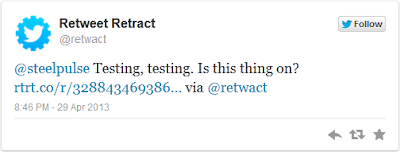
Facebook has released “Promoted Page Likes”, a feature which has been available to U.S. page owners in beta since December. Promoted Page Likes are like Promoted Posts, allowing page owners to buy adverts based on a predetermined budget. However, unlike Promoted Posts, Promoted Page Likes bypass the complicated ad dashboard.
Promoted Page Likes, which are accessible to any page owner whose page has a profile picture and a listed location, ask administrators to decide on a daily advertising budget based on their advert’s reach. Administrators are also asked whether they want to target users by city, state/area or country.
Buying Promoted Page Likes creates three distinct advert types: sidebar ads, Page Like ads, which appear in the news feeds of both mobile and desktop devices, and Sponsored Stories, which again appear in news feeds across all devices.
Whereas Promoted Posts notify existing page fans of new content and updates posted to a page, Promoted Page Likes simply feature a page’s name, photo, description and a like button to tempt new fans to the page.
Unlike other ad features on Facebook, Promoted Page Likes need to be stopped by an administrator, otherwise they will run indefinitely.
How successful do you think Promoted Page Likes will be?




